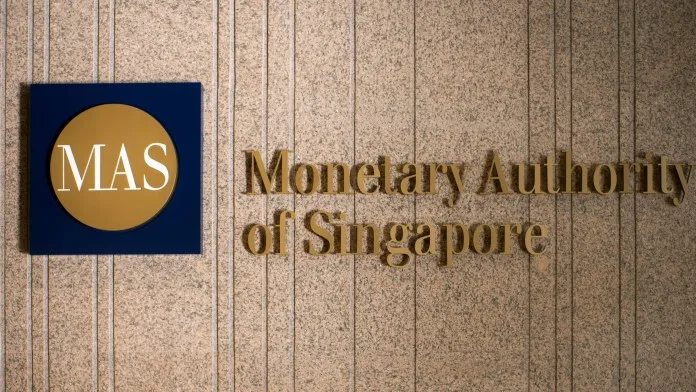
Singapore’s FIs ready for asset quality risks: MAS
Financial institutions are in strong capital and liquidity positions and have healthy profits.
Singapore’s financial institutions (FIs) may face higher credit costs and asset quality deterioration in 2024 amidst persistently high interest rates, authorities warned.
In a report, the Monetary Authority of Singapore (MAS) affirmed that the Lion City’s financial sector maintains a strong balance sheet position and is well-positioned to deal with risks.
“Asset quality is good, and banks have increased provisioning coverage in anticipation of a potential rise in credit cost,” MAS wrote in the 2023 edition of the Financial Stability Review.
“Banks in Singapore have remained resilient over the past year, with strong capital and liquidity positions supported by healthy profits. Nonetheless, banks could face higher credit costs as debt repayment capabilities of borrowers could weaken amid persistently high interest rates,” it added.
Whilst the interest rates have limited impact on asset quality so far– evidenced by banks’ persistently low bad loan rations– there remains early signs of potential asset quality deterioration.
ALSO READ: Trust Bank sets the bar for digital banking in Asia Pacific
The share of loans that are less than 90 days past due, which serves as an advanced indicator of impaired loans, has risen since Q1. It remains at a low 0.6% as of Q3, however.
The special mention ratio– referring to loans that exhibit potential weakness–has ticked up slightly to 3.3% in the third quarter, largely driven by corporate loans.
Looking ahead, MAS warned that the still elevated inflation and persistent high interest rates could weigh on corporate profitability and debt repayment ability, placing pressure on banks’ asset quality.
Authorities also warned of disruptions to the fuel supply over geopolitical conflicts in the Middle East. This could lead to a rise in energy prices.
Domestically, SGD interest rates could remain at elevated levels weighing on firms’ profitability.
“Against this backdrop, weaker earnings and elevated interest expenses could erode buffers and test the resilience of the corporate sector,” MAS said.


![Lorem Ipsum [ABF 1]](https://cmg-qa.s3.ap-southeast-1.amazonaws.com/s3fs-public/styles/exclusive_featured_article/public/2025-03/a_hand_pointing_to_a_futuristic_technology_5b87c9d0e3_1.png.webp?itok=2w0y1WhS)


![Cross Domain [Manu + SBR + ABF + ABR + FMCG + HBR + ]](https://cmg-qa.s3.ap-southeast-1.amazonaws.com/s3fs-public/styles/exclusive_featured_article/public/2025-01/earth-3537401_1920_4.jpg.webp?itok=WaRpTJwE)







 Advertise
Advertise

